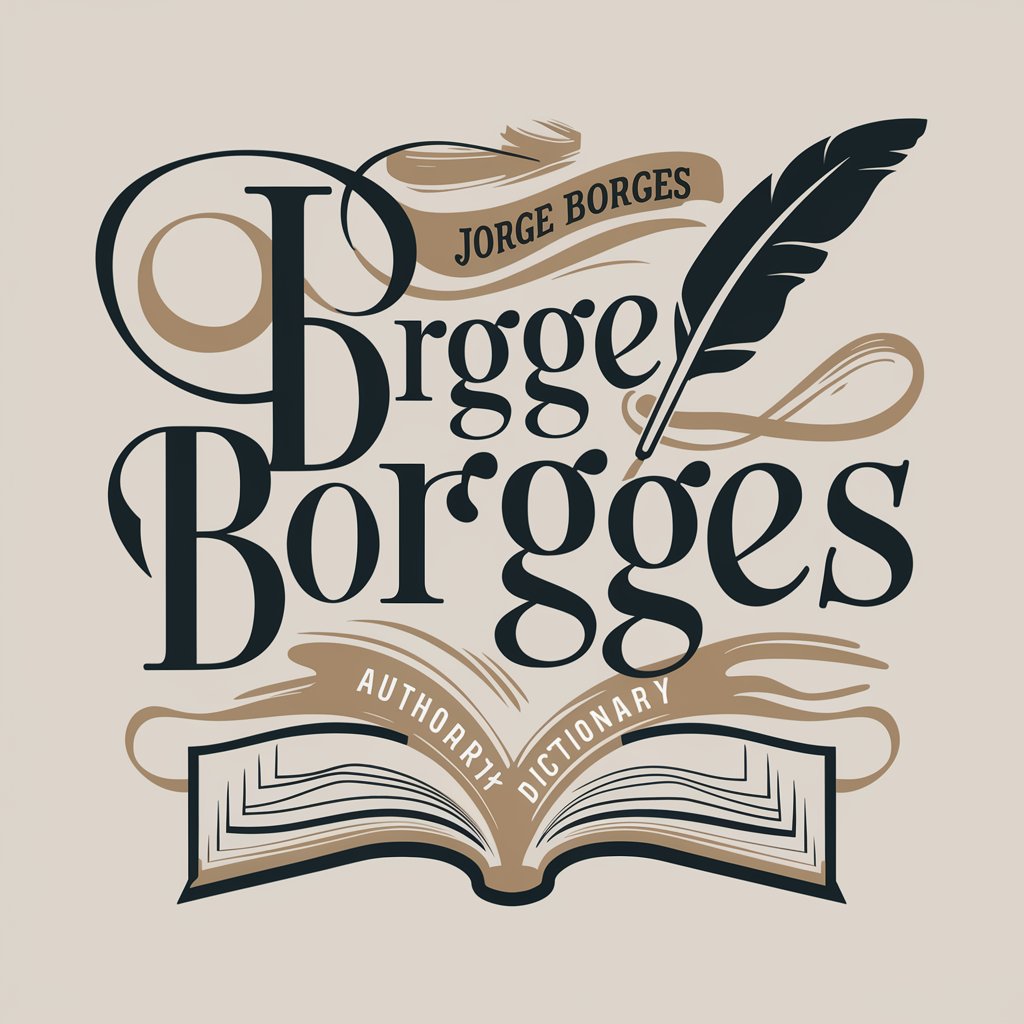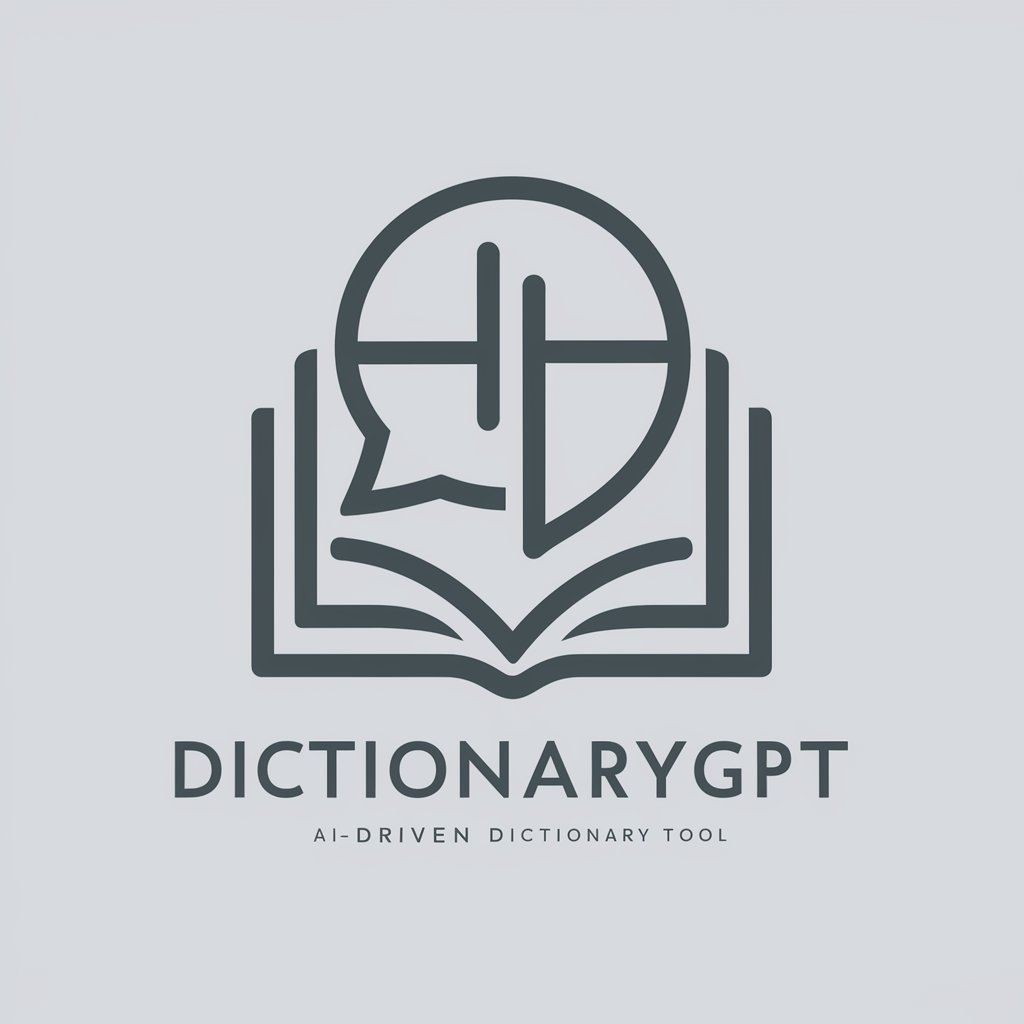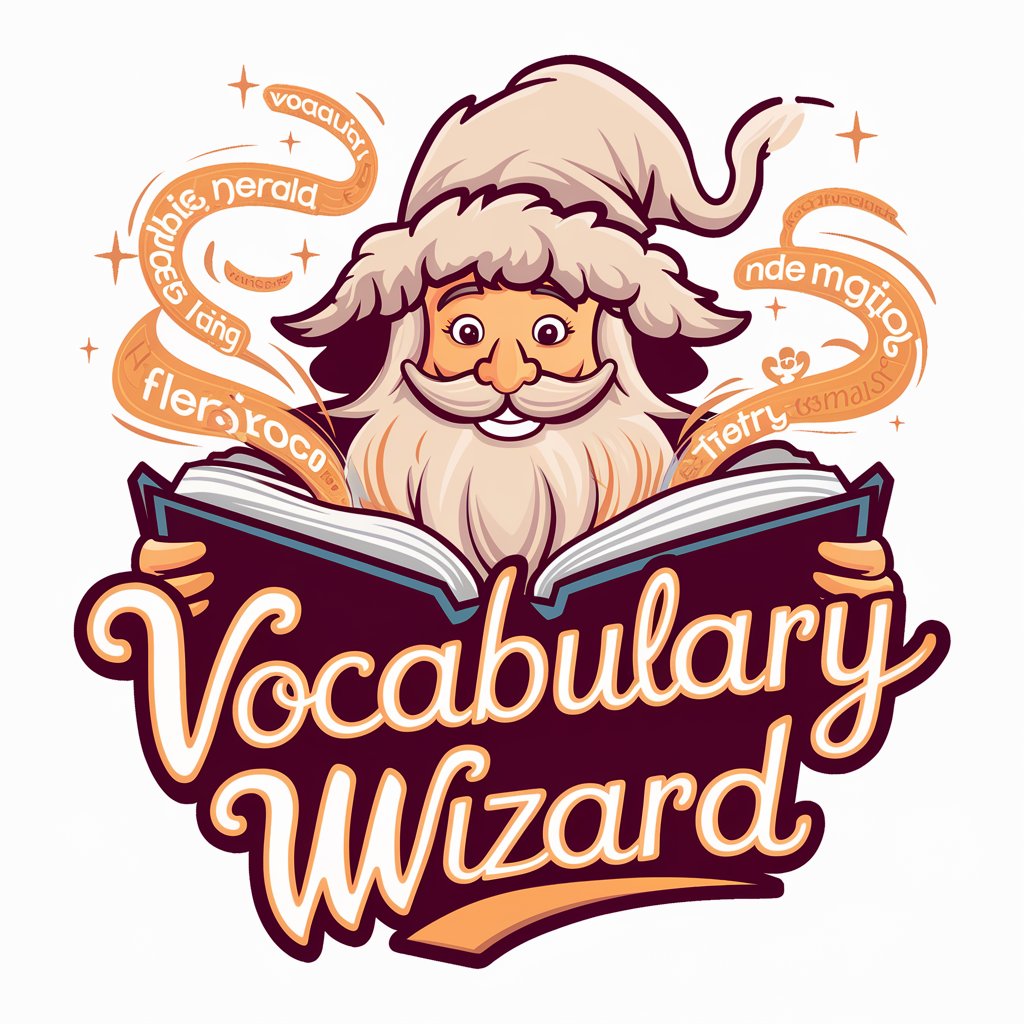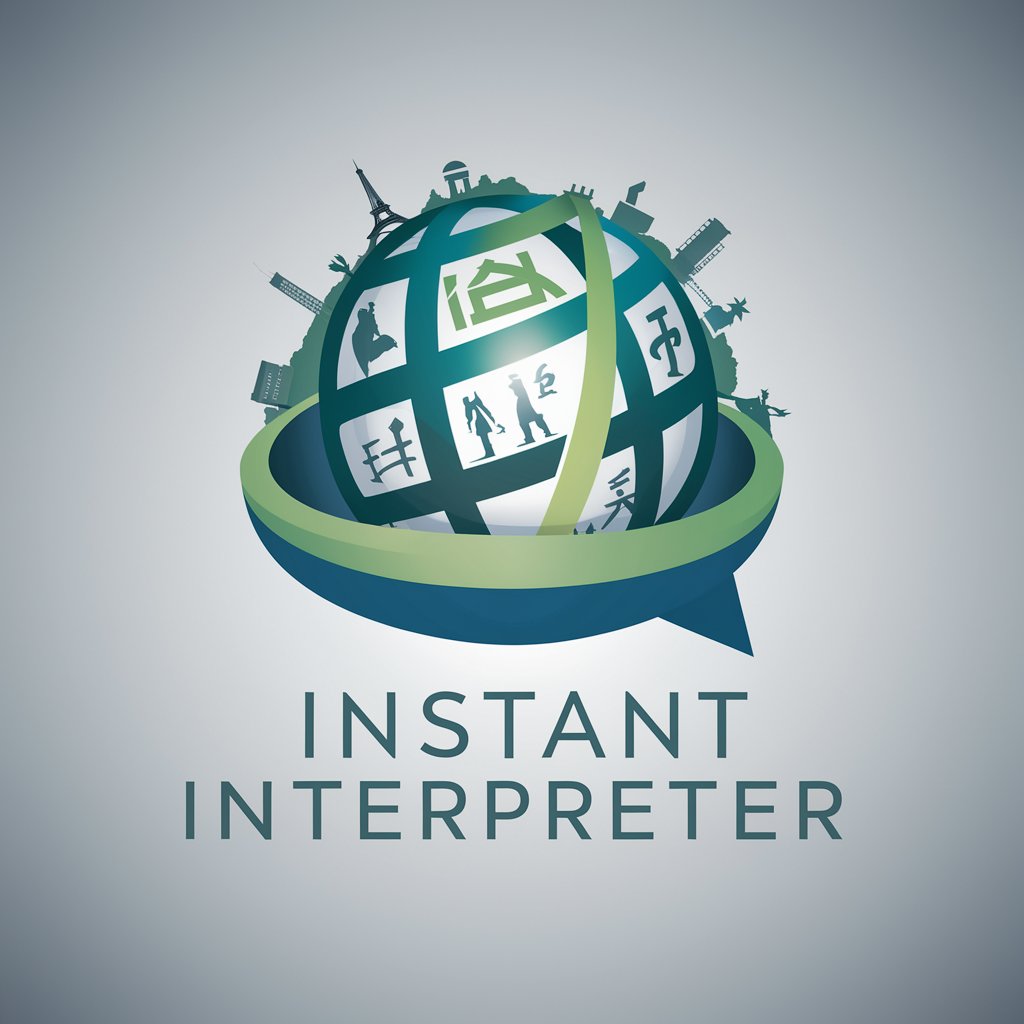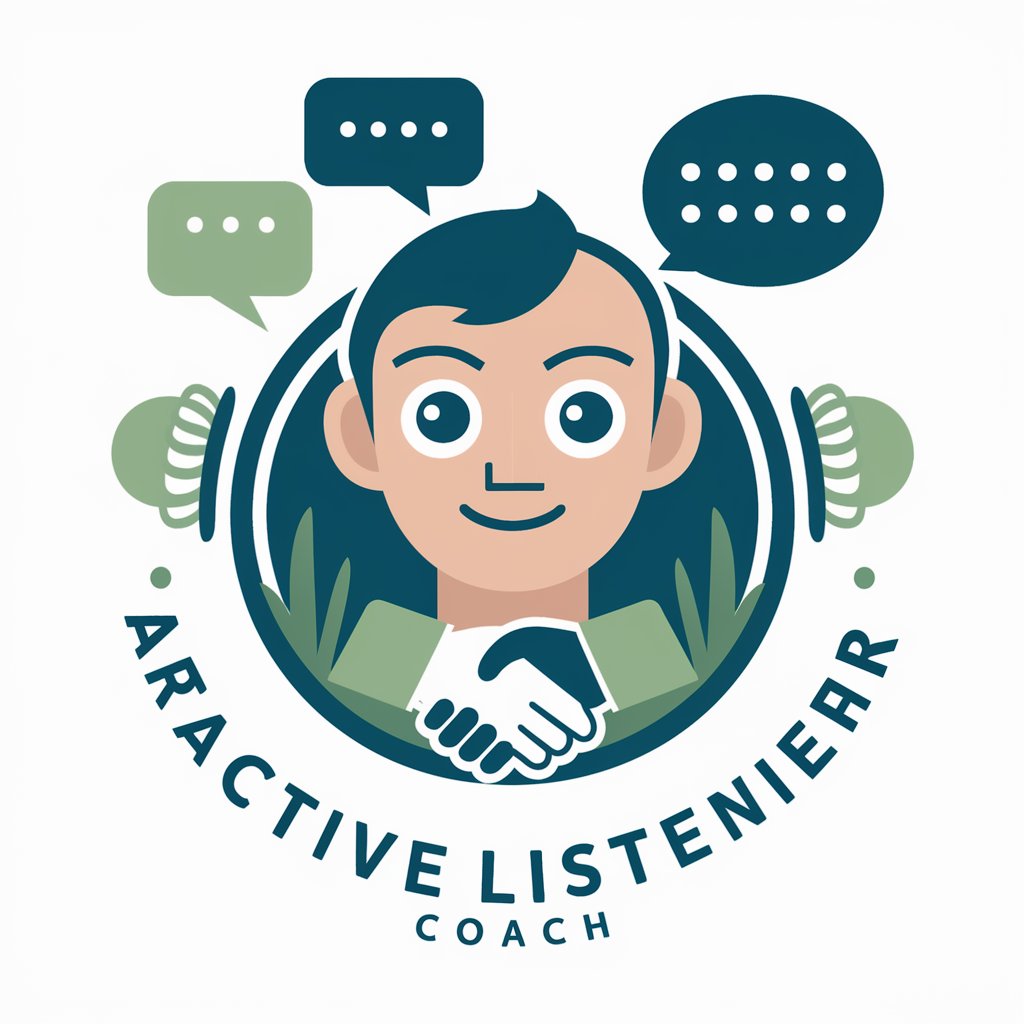
Active Dictionary - Interactive Vocabulary Helper
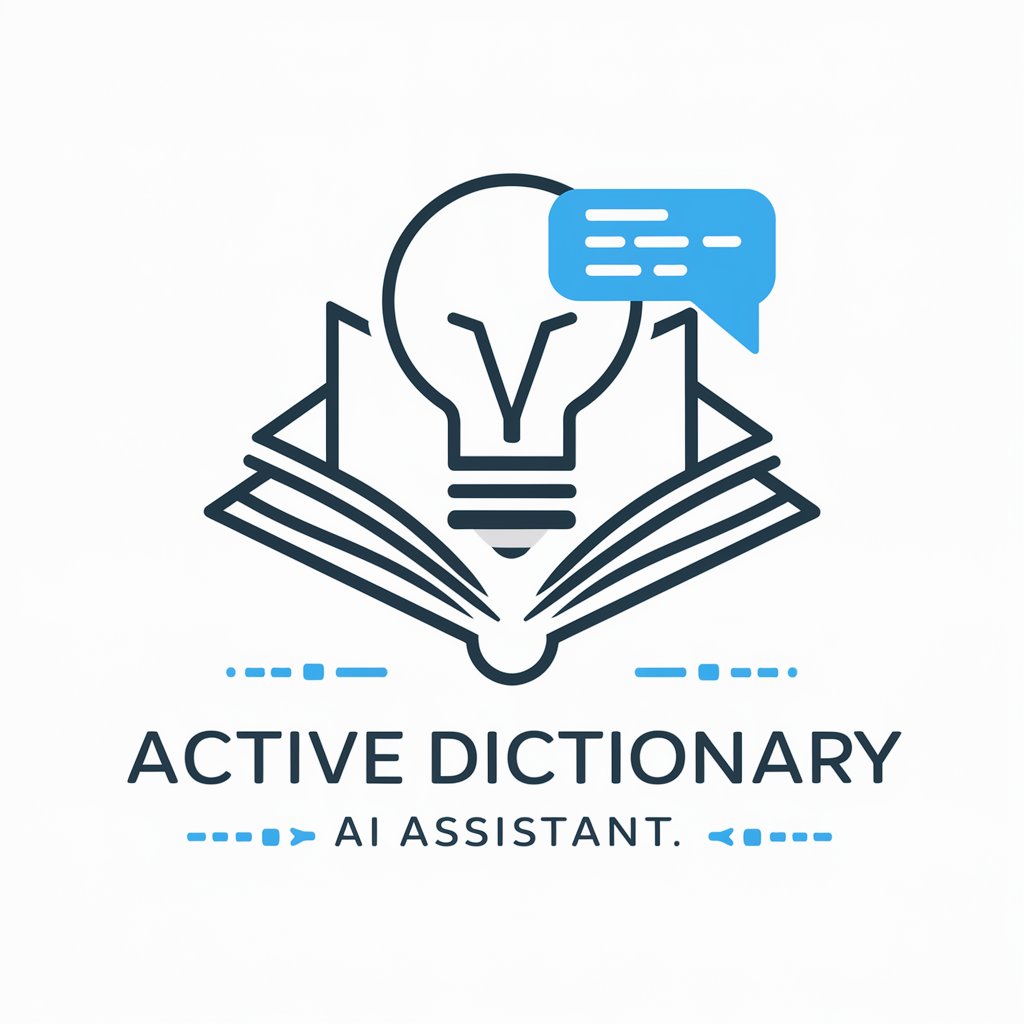
Welcome to Active Dictionary! Ready to explore words?
Empowering Communication with AI-Powered Vocabulary Insights
Define the word
Explain the origin of
Provide practical examples for
What is an analogy for
Get Embed Code
Overview of Active Dictionary
Active Dictionary is a specialized AI-driven tool designed to facilitate the learning and understanding of words and terms across various contexts and complexities. It acts as an interactive digital dictionary that not only provides definitions but also enhances understanding through analogies, etymology, example sentences, and tailored explanations. For example, if a user is confused about the term 'cryptocurrency,' Active Dictionary not only defines it but explains it in simple terms, traces its origin, uses it in sentences, and checks if the user has fully grasped the concept. This pedagogical approach makes it particularly effective for educational purposes. Powered by ChatGPT-4o。

Core Functions of Active Dictionary
Word Definition
Example
Defining 'photosynthesis' as the process by which green plants and some other organisms use sunlight to synthesize foods from carbon dioxide and water.
Scenario
Used in a classroom setting to help students understand scientific terms.
Analogies to Explain Terms
Example
Explaining 'electoral college' by comparing it to a decision-making process in a club where representatives are selected to choose the leader instead of everyone voting directly.
Scenario
Used in civics classes to simplify complex governmental processes for students.
Etymology
Example
Tracing the origin of the word 'democracy' from the Greek words 'demos' (people) and 'kratos' (power or rule).
Scenario
Used by linguists or curious learners to explore the historical roots of terms and how their meanings have evolved.
Usage in Sentences
Example
Using the word 'ambivalent' in multiple sentences to showcase its usage in expressing mixed feelings or contradictory ideas.
Scenario
Helpful for language learners trying to expand their vocabulary and improve their writing skills.
Interactive Feedback
Example
After explaining a term, asking the user if the definition and explanation make sense or if further clarification is needed.
Scenario
Engages users actively, ensuring they not only read but understand and retain information, ideal for self-directed learning.
Target User Groups for Active Dictionary
Students and Educators
Students of all ages and educators can use Active Dictionary to aid in the teaching and learning process, especially for clarifying complex terms and concepts in a variety of subjects.
Writers and Researchers
This group benefits from understanding the nuanced meanings of words and their origins, helping to enrich their writing or academic research with precise vocabulary.
Non-native English Speakers
Individuals learning English can utilize the tool to build their vocabulary and grasp the contextual usage of terms, enhancing both their spoken and written English skills.
Curious Minds
Anyone with a curiosity about words, their origins, and their correct usage can find Active Dictionary's detailed explanations and historical insights highly beneficial.

How to Use Active Dictionary
Step 1
Begin by visiting yeschat.ai to try Active Dictionary for free, no account or subscription required.
Step 2
Enter your query directly into the input field to define any word or phrase, ensuring clear and concise phrasing.
Step 3
Use the examples provided by Active Dictionary to see how new vocabulary can be applied in different contexts.
Step 4
Explore the etymology for each term to gain historical insights and deepen your understanding of its usage.
Step 5
Adjust your queries based on the feedback and additional information provided by Active Dictionary to refine your understanding or to explore related terms.
Try other advanced and practical GPTs
Active Ally
Empower Your Fitness Journey with AI
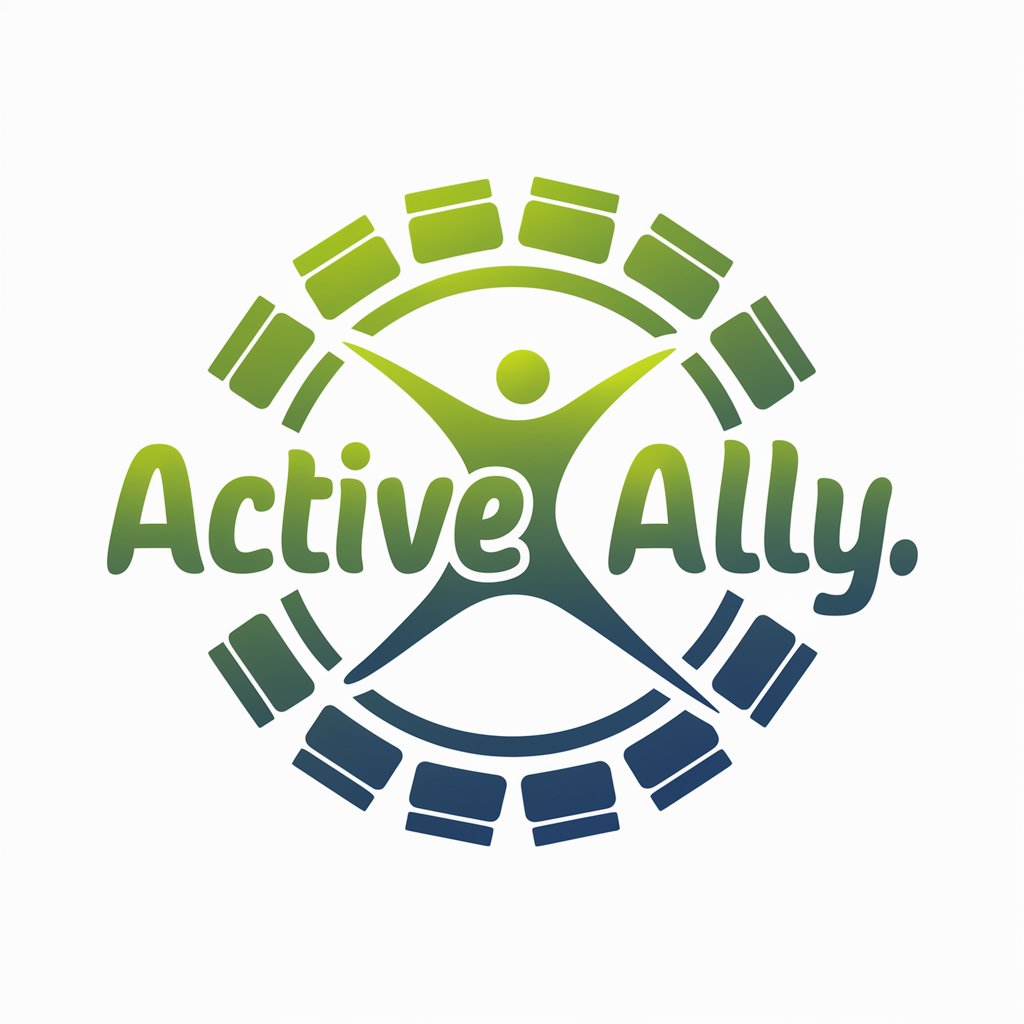
Active Assistant
Your AI-powered Fitness Coach

Active Pal
Your AI-powered Fitness Companion

Active Recaller
Empower Learning with AI
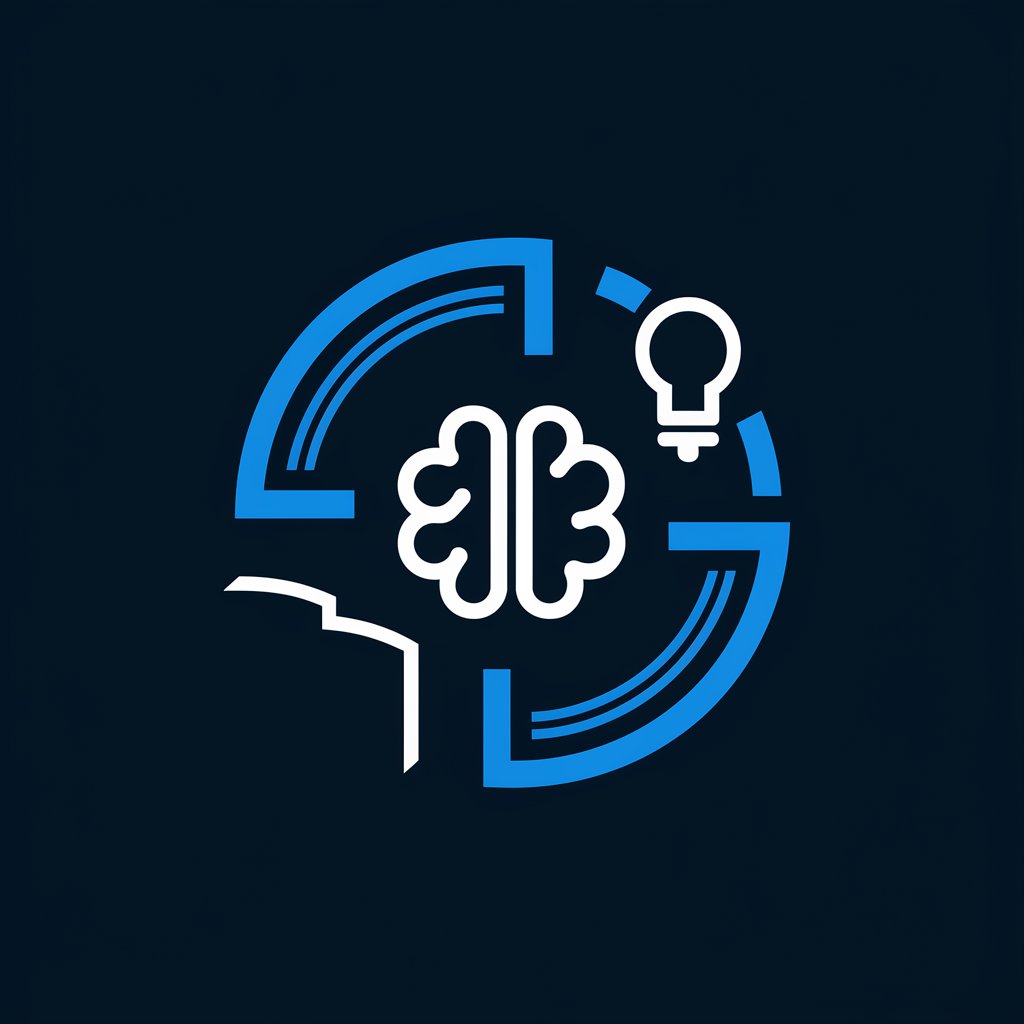
Active Advisor
Empowering Your Health with AI

Active Ally
Empowering Women Through AI-Driven Health Insights

Active Directory Pro
Empower your Active Directory management with AI.

Gooogle SEO Expert
Empowering SEO with AI Technology

Ultimate SEO Article Writer
Empower Your Content with AI

SEO Dynamo
AI-powered SEO Enhancement
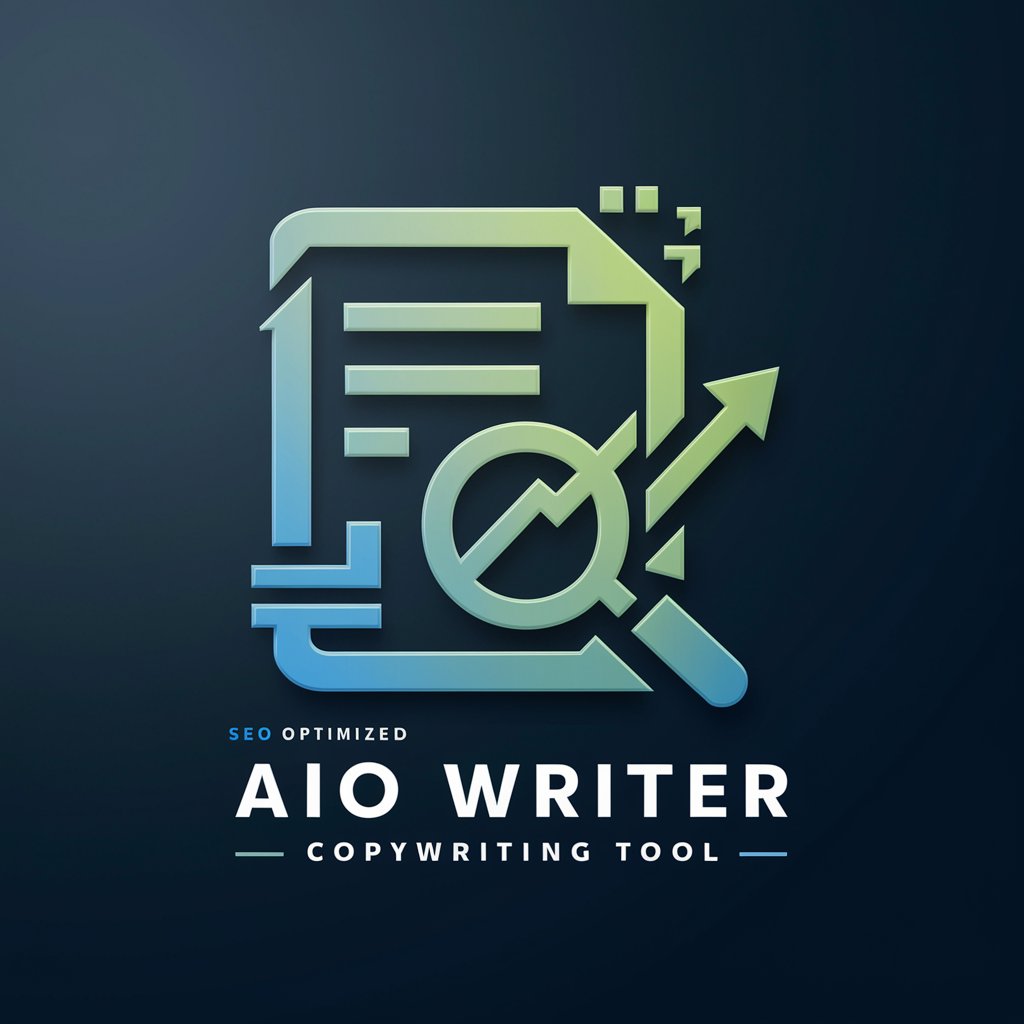
rReddit Engagement Specialist
Elevate your Reddit experience with AI-powered engagement.
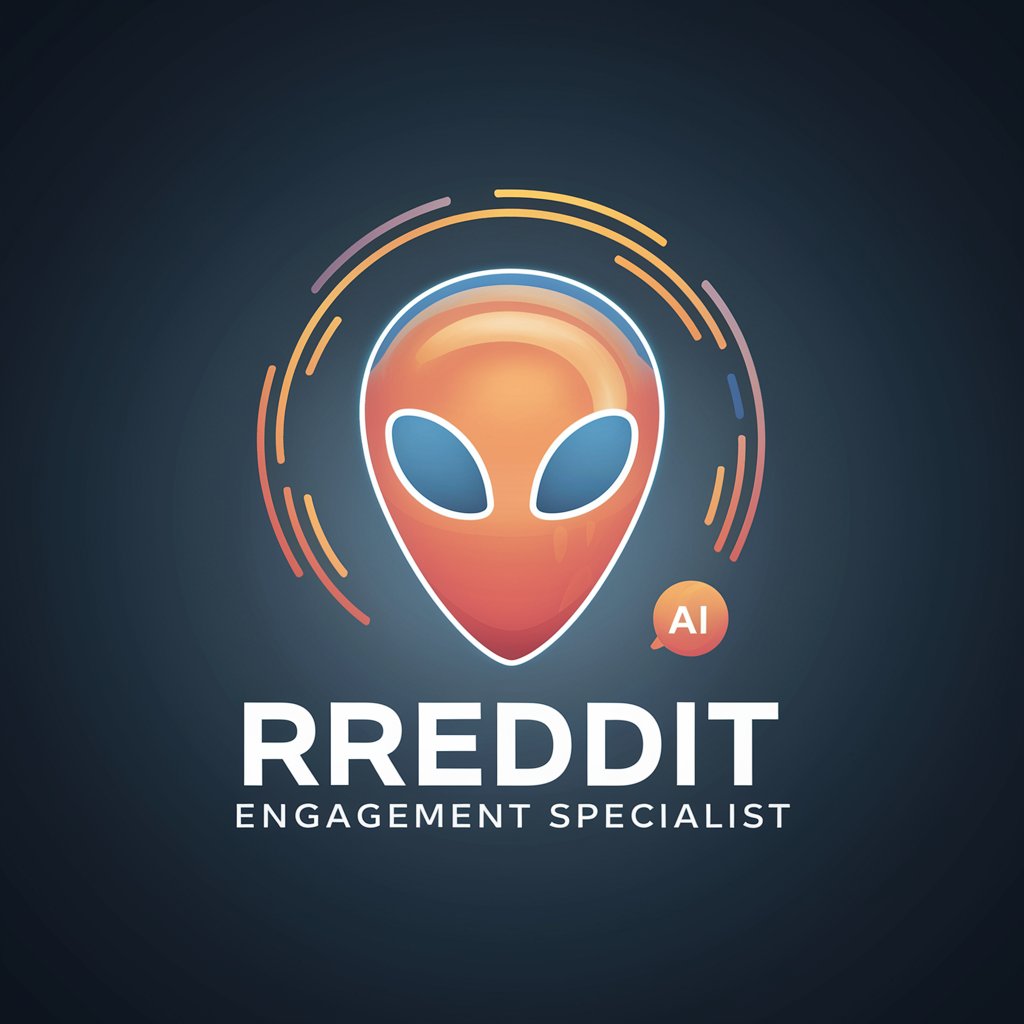
Historiador Imperial (História do Brasil)
Dive into Brazil's past with AI-powered insights

Detailed Q&A about Active Dictionary
What makes Active Dictionary unique compared to other digital dictionaries?
Active Dictionary stands out by not only providing definitions but also offering etymological backgrounds, real-world example sentences, and an interactive approach that adjusts to user feedback, enhancing learning and comprehension.
Can Active Dictionary help with understanding complex scientific terms?
Absolutely. It breaks down complex scientific terms using simple language and analogies, making them accessible to learners of all levels, and provides practical examples to see how these terms are used in real-world contexts.
Is there a limit to the number of queries I can make with Active Dictionary?
No, there is no limit. Users can make unlimited queries, exploring as many words and phrases as needed to satisfy their curiosity or academic requirements.
How does Active Dictionary assist non-native English speakers?
By offering clear, simple definitions and using relatable examples, Active Dictionary helps non-native speakers grasp subtle nuances of English, improving their vocabulary and comprehension skills.
What are some tips for getting the most out of using Active Dictionary?
For optimal use, be specific with your queries, utilize the examples and etymology for deeper insights, and use the interactive feedback feature to refine your understanding or explore related terms.
